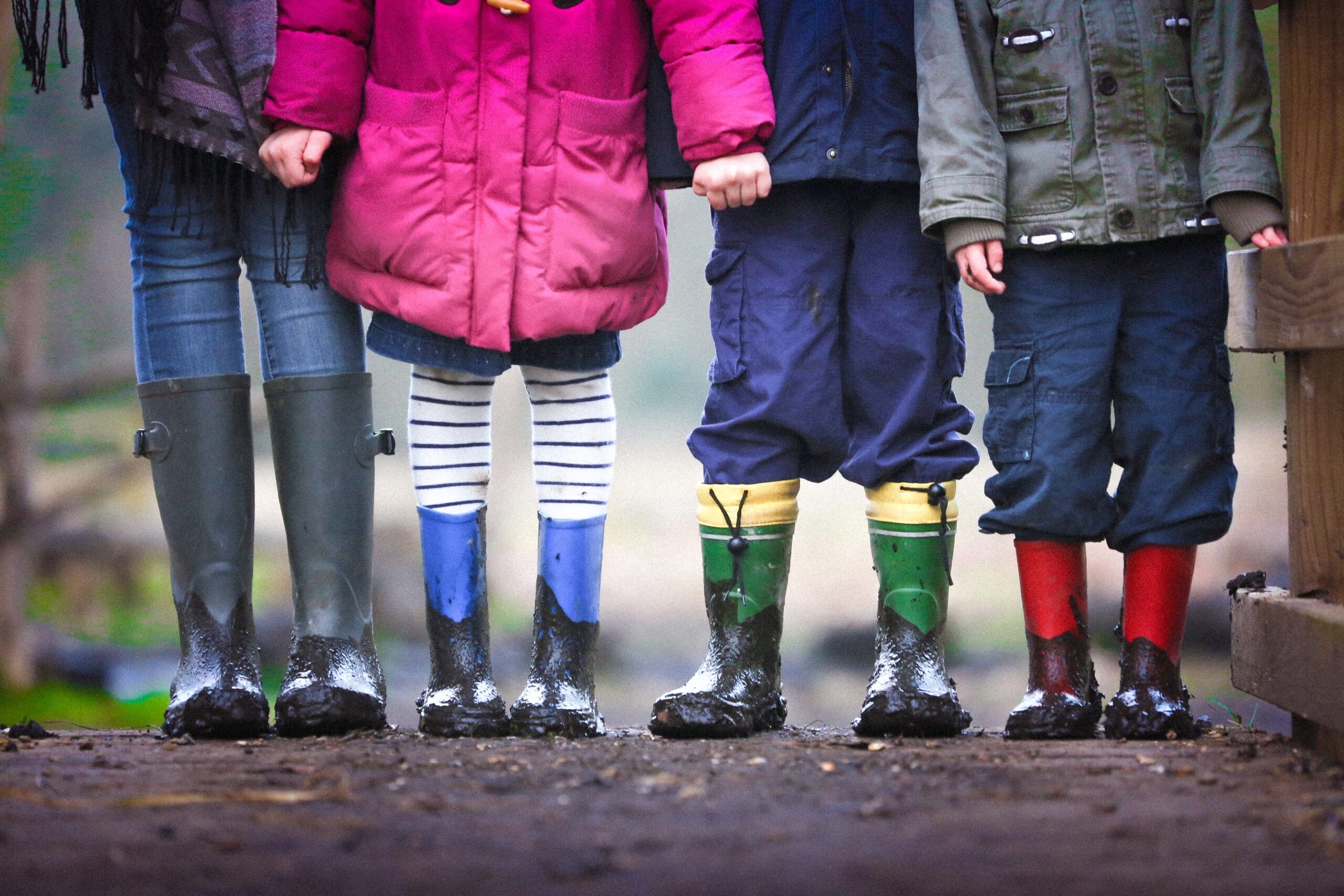For those who look after children in some capacity, you’ve probably read a few articles and books over time in the hope of raising them to be healthy, well-rounded individuals. The concept of “self-care” can be a tricky one to explain to little ones—it’s a broad topic, interchangeable as life changes and evolves. By gently guiding and encouraging children to embrace different aspects of self-care, you can help them build it into their life from a young age.
Routines
Children love routines. They may test the boundaries and challenge them at times, but routines can help them feel safe and settled.
Morning and bedtime routines can be particularly helpful. A good morning routine can be used to kick-start the day, setting it up in a positive way. Bedtime routines can help the mind and body recognize that we’re preparing to sleep which can help us to drop off more quickly.
Morning routines could include things like waking up at a certain time, making the bed, getting dressed, brushing teeth, washing your face and/or having a shower, having breakfast, taking medication, and talking about plans for that day.
An evening routine could include having a bath/shower, popping pajamas on, reading a book, turning on a nightlight, then jumping into bed. Doing this routine at a similar time each day can help our body get into a regular sleep-wake cycle.
Boundaries and opinions
Kids can be stubborn. “No” can be one of their favorite words. They’re often very good at sharing their needs and asserting their boundaries. Kids are rarely shy in telling if they’re hungry, tired, bored, or thirsty. They’re also not usually subtle when they don’t want to do something.
As we grow up, we are taught to develop a filter, to minimize our needs and to stop saying what we think, and just do it even if we don’t like it. We develop our own opinions on things, but we may well be told that these opinions are wrong and experience instances where our opinions and boundaries aren’t respected.
As much as we need to encourage our children to be kind, and that they do sometimes have to do things they don’t want to do for the good of their health, it’s important to help young people learn that they are allowed to develop their own opinions and assert their boundaries.
Additionally, boundaries are a two-way street. Children need to learn to respect the boundaries of others such as their friends and teachers. However, teaching them to always do what they’re told without thinking can become dangerous and disempowering. Having the space to explore their boundaries and opinions can help children figure out their values.
The great outdoors
Helping little ones get outside and develop a love of fresh air and exploring different places can serve them well throughout their life. Encouraging them to interact with nature, explore, and get excited about it can help them to develop a love for the outdoors.
Skills to calm down
Managing emotions can be tricky and overwhelming. There are all sorts of calm-down tricks and ideas out there for when things get too much. Different things will work for different people, so if the first calm-down idea doesn’t work, always try something else.
If space allows, it can be nice to have a corner or place where a child can go to calm down. Having something to focus such as a mindfulness jar, lava lamp, or glitter lamp can help them to feel calmer. Textured blankets can help them to focus on the sensation of touch, and there is evidence to show that heavy or weighted blankets can reduce levels of anxiety. Fiddly things can help them to fiddle-out some of their stress and anxiety and can be taken out of the house with them.
Sometimes children may find that the best way to burn off their anxiety or anger is to be very physically active. This might involve running around the garden or using a punchbag.
Helping children express feelings in a healthy way can carry them through life, helping them to manage difficult situations once they’re in their teens and into adulthood.
Discover more in this article from Blurt.






